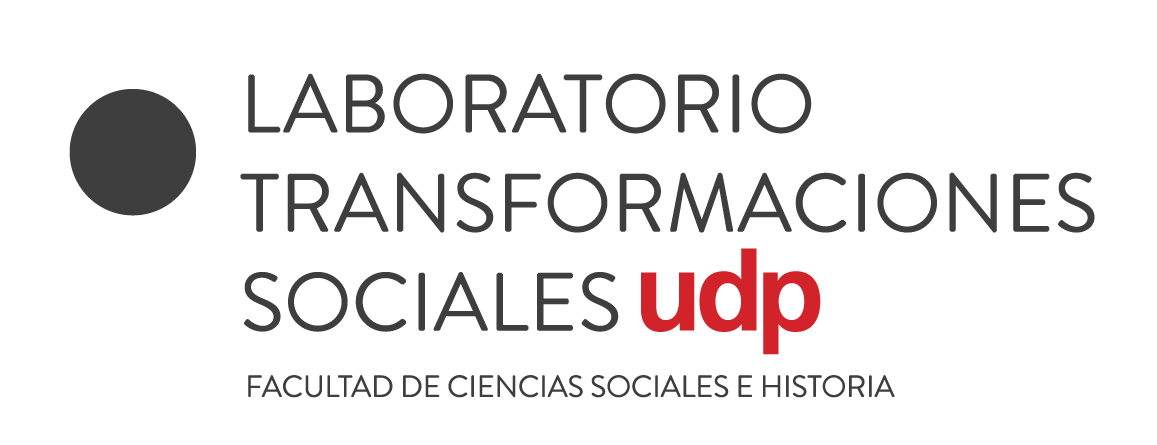The Open Veins and the Economic Process: Dependentistas' Networks and Narratives in Uruguay
DOI:
https://doi.org/10.32995/0719-64232025v11n21-182Keywords:
Dependency Theory, Uruguay, Intellectual Networks, Political Economy, UnderdevelopementAbstract
This article examines the cultural framework of dependency theory in Uruguay, focusing on two representative works: El Proceso Económico del Uruguay (1969) by economists from the Institute of Economics (IECON) and Las Venas Abiertas de América Latina (1971) by Eduardo Galeano. Through an analysis of the intellectual networks of the time, the article highlights how these works, differing in nature (scientific and literary), shared common intellectual concerns and influences in thinking about Latin American underdevelopment. It emphasizes that, beyond the affinities between their authors, their approaches differ: while Galeano uses testimonies, interviews, and a narrative filled with emotion, the IECON is characterized by estimates, statistical charts, methodological innovations, and a more technical approach. The fundamental theses of both works are also contrasted: while Las Venas Abiertas defends the existence of an international division of labor in which some win and others lose, the IECON advocates for rethinking the interpretive frameworks of economics. The article concludes that the success of dependency theory lay in its ability to combine literary dissemination with scientific production, despite the tensions between both approaches
Downloads
Published
How to Cite
Issue
Section
License
Copyright (c) 2025 Pablo Messina

This work is licensed under a Creative Commons Attribution-NoDerivatives 4.0 International License.

Este obra está bajo una licencia de Creative Commons Reconocimiento-NoComercial-CompartirIgual 4.0 Internacional.



